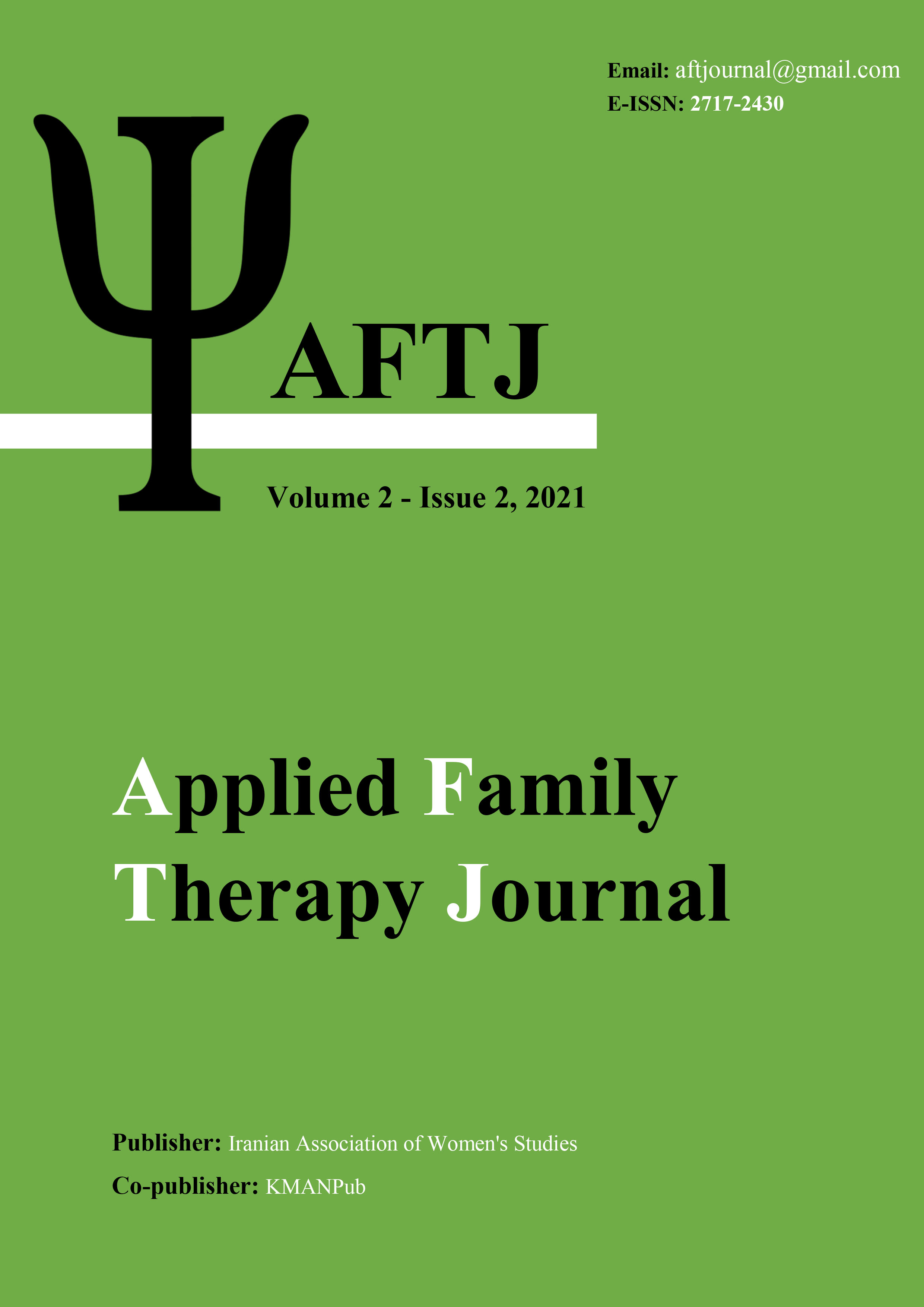Comparison of the Effectiveness of Emotionally-Focused Couples Therapy (EFCT) and Reality Therapy in Reducing the Symptoms of Depression and Resilience of Couples with Marital Problems
Keywords:
couple therapy emotionally-focused couples therapy (EFCT) reality therapy depression resilienceAbstract
Aim: This study was conducted to compare the effectiveness of emotionally-focused couples therapy (EFCT) and reality therapy in reducing the symptoms of depression and resilience of couples with marital problems in women in Tehran. Methods: This is a quasi-experimental study with a pretest-posttest design and follow-up with a control group. The statistical population included 106 couples referring to counseling centers in Tehran in the first six months of 2021, of which 30 couples were purposefully selected and randomly assigned to EFCT group (10 couples), reality therapy group (10 couples), and control group (10 couples) after screening with Beck Depression Inventory (BDI) (2001) and Connor-Davidson Resilience Scale (CD-RISC) (2001). The EFCT group received the Johnson (2012) training package for ten sessions, and the reality therapy group received the Glasser (2003) training package for nine sessions. The control group received no intervention and was placed on a waiting list. Data were analyzed by repeated-measures ANOVA. Results: The results indicated that EFCT and reality therapy affected the improvement of depression (F = 55.74, P = 0.001) and resilience (F = 76.18, P = 0.001) of couples and that this effect was stable at the follow-up phase. Conclusion: According to the findings, EFCT and reality therapy are two effective methods to reduce the symptoms of depression and resilience of couples with marital problems.
Downloads
Downloads
Published
Issue
Section
License

This work is licensed under a Creative Commons Attribution-NonCommercial 4.0 International License.





















